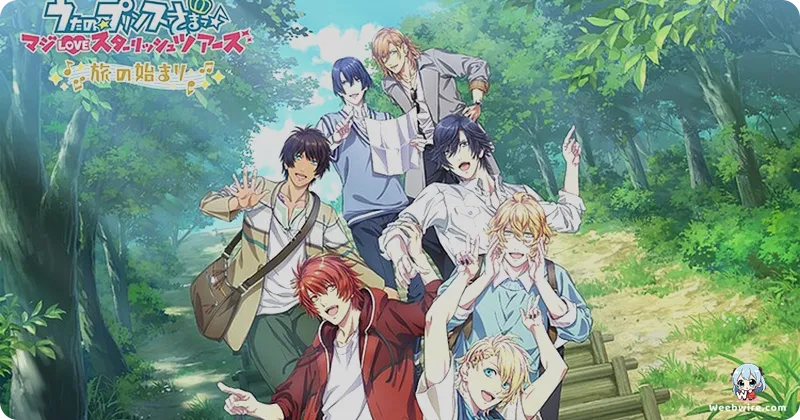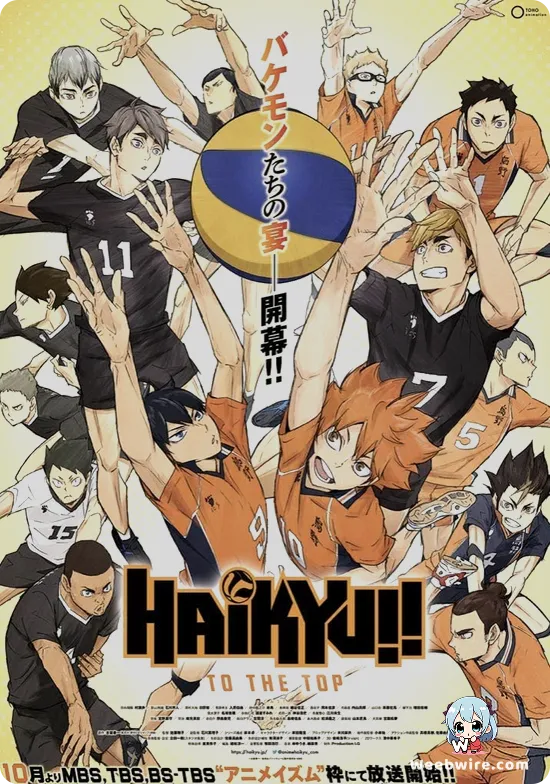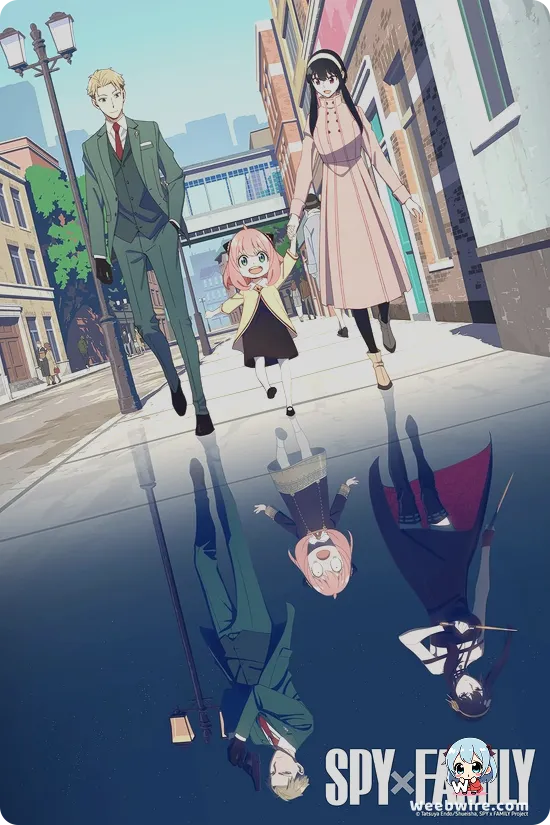Uta no Prince Sama: Unveiling the Hidden Notes of an Idol Anime Phenomenon

Step into the vibrant world of Uta no Prince Sama, affectionately known as 'UtaPri,' a true cornerstone in the idol anime and otome game genres. Since its captivating anime debut in July 2011 by A-1 Pictures, UtaPri has enthralled a global audience with its dynamic music, memorable characters, and inspiring narrative of aspiring idols and their gifted composer. While its widespread popularity is undeniable, a wealth of lesser-known facts and behind-the-scenes insights offers an even deeper appreciation for this cherished franchise.
The Genesis: From Game to Anime
At its core, Uta no Prince Sama began as an innovative visual novel game developed by Broccoli. The anime skillfully adapts this foundation, seamlessly translating the central premise where protagonist Haruka Nanami navigates her relationships with various male idols. Intriguingly, the anime maintains Haruka's crucial role as a composer, even without direct player interaction. Her quiet determination and extraordinary talent for crafting heartfelt melodies are indispensable to the idols' successes, positioning her as an unsung hero whose compositions literally fuel their performances. This distinctive emphasis on collaborative artistry truly sets 'UtaPri' apart from purely romantic narratives.
A Symphony of Sound: The Music of UtaPri
The sheer volume and exceptional quality of music from the Uta no Prince Sama franchise are truly remarkable. From the debut singles of STARISH to the intricate harmonies of Quartet Night and the powerful presence of HEAVENS, the series boasts an extensive discography that rivals many real-world idol groups. Each character and unit possesses a distinct musical style that evolves, reflecting their personal growth. Fans are drawn to characters not only for their personalities but also for their unique vocal qualities and genres, such as Tokiya Ichinose's versatile voice embodying his journey from an enigmatic idol to a confident performer. This unwavering commitment to diverse, premium musical experiences is a fundamental reason for the franchise's enduring success.

The Artistry Behind the Idols
A critical, yet often understated, element is the meticulous character design by Chinatsu Kurahana, who masterfully brought the original game's stunning visuals to life. Her signature art style, characterized by elegant lines and expressive features, became synonymous with the 'UtaPri' aesthetic, establishing instantly recognizable looks for the characters. These designs were faithfully adapted by A-1 Pictures, ensuring visual consistency from game to anime, which is vital for a character-driven franchise. Subtle nuances in costumes and accessories often provide hints about personalities, adding layers of depth for observant fans.
Beyond Rivalry: The Idol World's Bonds
The anime's nuanced portrayal of the idol industry's competitive yet supportive environment provides an enthralling narrative. While STARISH and Quartet Night are initially introduced with a sense of rivalry, the series beautifully illustrates how mutual respect and admiration foster strong bonds. The evolution of these inter-group relationships, particularly between the seasoned Quartet Night and the aspiring STARISH, offers rich character development and heartwarming moments. Ultimately, the franchise celebrates the unique strengths of each ensemble, emphasizing collaboration over pure competition.
In essence, Uta no Prince Sama transcends being merely an anime; it is a cultural phenomenon that has significantly shaped the idol genre. Its distinctive blend of a compelling story, unforgettable characters, and an unparalleled musical catalog, all rooted in its visual novel origins, continues to captivate both new fans and long-time devotees. The intricate details, from Haruka Nanami's quiet strength as a composer to the evolving dynamics of its idol groups, and the consistent artistic vision from Chinatsu Kurahana and A-1 Pictures, are the vital threads that weave together the rich tapestry of this profoundly popular series, securing its place as a cherished classic.
Credits
Uta no Prince Sama
Author
Broccoli
Cover Art
Chinatsu Kurahana
Studio
A-1 Pictures
Publisher
Broccoli
Producers





